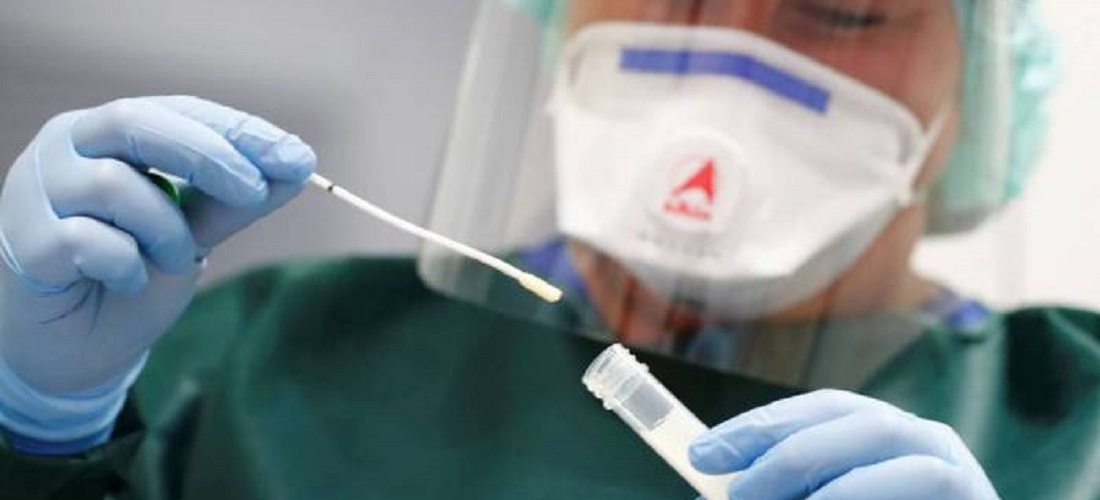
Customs offices worldwide prepare for Covid-19 vaccine distribution
Dec, 07, 2020 Posted by Ruth HollardWeek 202050
Initiation of the distribution of vaccines against Covid-19 has required a lot of customs planning worldwide. Important to contain the pandemic, the vaccines need to be cleared quickly by customs – and also for technical reasons of preserving their chemical components.
At the same time, as such products may be the new target of specialized gangs, extra attention is needed to prevent fake products from entering the market. The good news is that the authorities already know many routes of this illegal trade. They were already on top of the parallel market for drugs to treat patients infected with the new coronavirus and safety equipment since the beginning of the pandemic. Tons have already been seized.
In a major operation coordinated by the World Customs Organization (WCO) between May and July, which involved customs administrations in 99 countries, more than 307 million counterfeit, expired, or expiring drugs were intercepted. The vast majority were not authorized to be traded. Among them, there was the controversial chloroquine, dexamethasone, various types of antibiotics, and antimalarials in general.
47 million units of false or illegal protective equipment were also confiscated, in addition to nearly 2.8 million liters of alcohol gel without any substance capable of fighting the virus. The operation counted on joint collaboration by Interpol, OLAF (the anti-fraud arm of the European Union), and laboratories such as Sanofi, Novartis, and Pfizer, which had its vaccine approved for consumption in the UK last week.
These figures reflect only a two-month period of the STOP operation, as it was dubbed by OMA. But they give the dimension of the problem. “The STOP operation is a great barometer of the problem. But we have been working hard for months and we are prepared to facilitate the entry of vaccines. This is our priority. We are ready,” says the manager of the Health and Safety Program at WCO, Maurice Adefalou.
Most of the intercepted products come from Asian countries. In general from China. Their destination is varied: 99% of the fake drugs went to Africa, 87% of the masks and 82% of the Covid-19 tests to Europe, while 84% of the thermometers went to South America. Data does not include Brazil, which, although it participated in the operation, did not report the results to OMA.
The methods are always ingenious. To give you an idea, the Argentine authorities seized a box with Covid-19 tests that had been declared as computer accessories. Another complicating factor is the fact that this illegal trade is often widespread. That is, they are those small boxes of online deliveries, and not in large containers.
“About 57% of illegal products traveled in small boxes,” said Adefalou.
This complicates the work of the authorities, who need the same number of employees to control a small box as they do to control a container. The customs challenge is enormous because they always need to try to predict the gangs’ action.
Known routes
It is true that they already know many of the routes and have been preparing for months to handle the shipments of vaccines. Many have already entered into agreements with laboratories, with e-commerce and online delivery companies, in addition to authorities from around the world. In several countries, advance declarations of goods are required to facilitate border control.
STOP operation data:
• 1,683 interceptions
• 307 million fake drugs
• 47 million protective equipment
• 2.76 million liters of alcohol gel
In the middle of it all, there were fake drugs (without any proof of effectiveness) or simply without authorization. The same happened with alcohol gel.
• 99% of seized drugs went to Africa
• 87% of masks for Europe
• 84% of thermometers for South America
• 82% of Covid tests for Europe
• 57% of seizures were made on products transported in small boxes.
Sources: World Customs Organization (WCO) and Época Negócios
-
Blog News (ENG)
May, 25, 2023
0
Argentina: 481,252 k tonnes of soy oil forecast for export in May
-
Ports and Terminals
Apr, 10, 2019
0
Libra Terminais S.A. plans to maintain warehousing and cut staff by 50%
-
Shipping
May, 11, 2023
0
Hapag-Lloyd reports lower volumes amid Q1 revenue and profit decline
-
Shipping
Apr, 19, 2023
0
Log-In launches express cabotage service between Manaus and Santos

